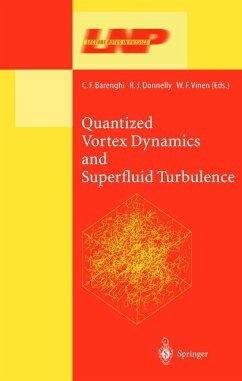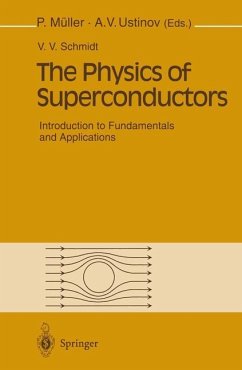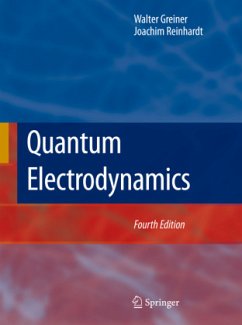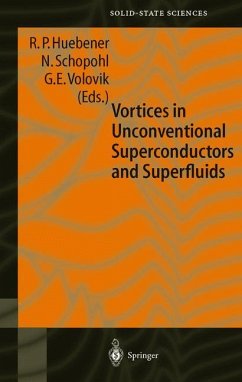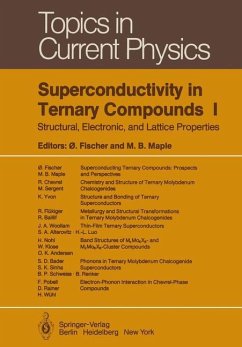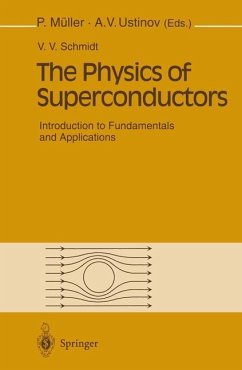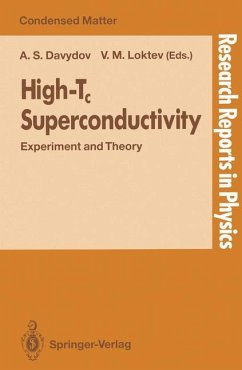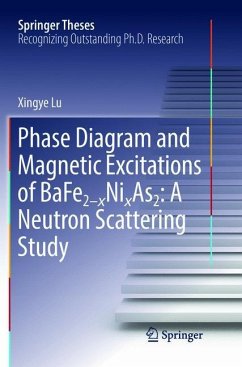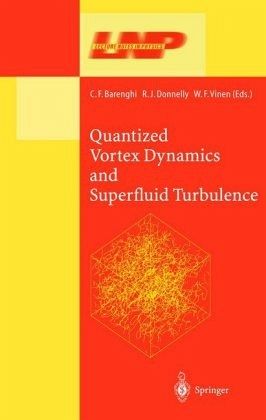
Quantized Vortex Dynamics and Superfluid Turbulence

PAYBACK Punkte
38 °P sammeln!
This book springs from the programme Quantized Vortex Dynamics and Sup- ?uid Turbulence held at the Isaac Newton Institute for Mathematical Sciences (University of Cambridge) in August 2000. What motivated the programme was the recognition that two recent developments have moved the study of qu- tized vorticity, traditionally carried out within the low-temperature physics and condensed-matter physics communities, into a new era. The ?rst development is the increasing contact with classical ?uid dynamics and its ideas and methods. For example, some current experiments with - lium II now deal wi...
This book springs from the programme Quantized Vortex Dynamics and Sup- ?uid Turbulence held at the Isaac Newton Institute for Mathematical Sciences (University of Cambridge) in August 2000. What motivated the programme was the recognition that two recent developments have moved the study of qu- tized vorticity, traditionally carried out within the low-temperature physics and condensed-matter physics communities, into a new era. The ?rst development is the increasing contact with classical ?uid dynamics and its ideas and methods. For example, some current experiments with - lium II now deal with very classical issues, such as the measurement of velocity spectra and turbulence decay rates. The evidence from these experiments and many others is that super?uid turbulence and classical turbulence share many features. The challenge is now to explain these similarities and explore the time scales and length scales over which they hold true. The observed classical aspects have also attracted attention to the role played by the ?ow of the normal ?uid, which was somewhat neglected in the past because of the lack of direct ?ow visualization. Increased computing power is also making it possible to study the coupled motion of super?uid vortices and normal ?uids. Another contact with classical physics arises through the interest in the study of super?uid vortex - connections. Reconnections have been studied for some time in the contexts of classical ?uid dynamics and magneto-hydrodynamics (MHD), and it is useful to learn from the experience acquired in other ?elds.





